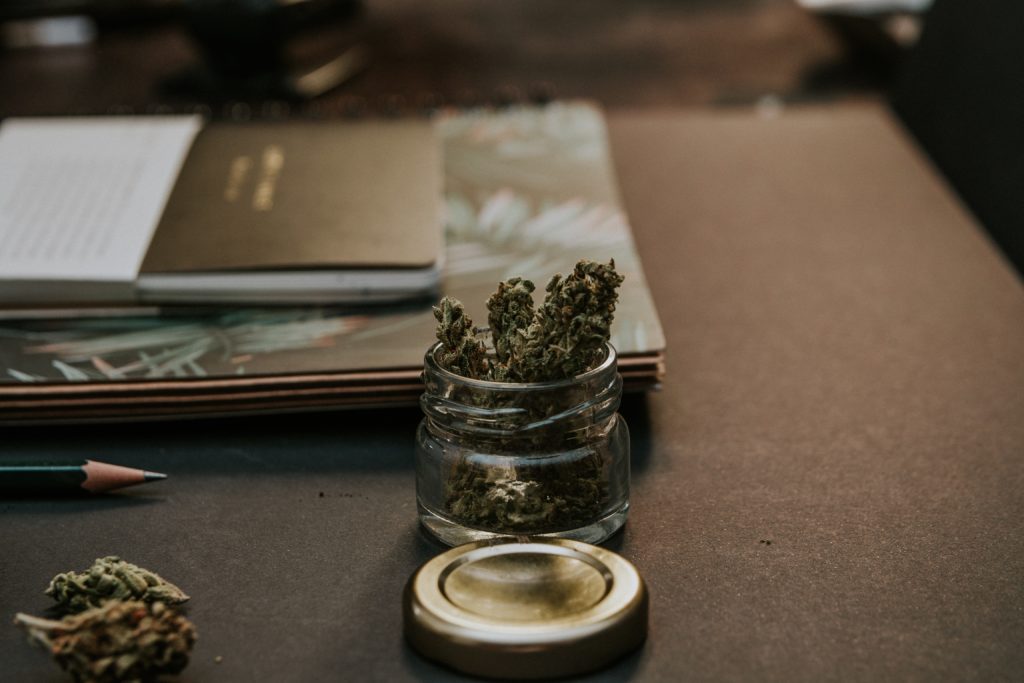The courts treatment toward drug possession in NSW is broken into different categories, depending on the severity of the offence. For the purpose of this article, I will address the most prevalent, being ‘small quantity, trafficable quantity and indictable quantity’. Drug related offences are deemed to be criminal in nature, and are therefore treated very seriously by the courts.
The facts:

The further breakdown for drugs not listed above can be found here.
Small Quantity
A small quantity of drugs is often deemed to be a ‘personal supply’. The quantities for this differ depending on the drug and are set out in the table below. For possession of a small quantity of drugs, the maximum penalties pursuant to the Drugs Misuse and Trafficking Act carries a penalty with a maximum fine of $2,200 and/or imprisonment of up to two years. Such offences are dealt with in a local court, and the burden of proof for such a matter is ‘beyond reasonable doubt’, wherein the court or prosecuting officer must prove that there is evidence beyond reasonable doubt that you had knowledge of the drugs, and that they were found in your possession.
Trafficable Quantity
In the event that the quantity is greater than the amounts determined in the table below as ‘Small Quantities’ the next, more serious conviction would apply, being ‘Trafficable quantity’. In such an instance, there is a beyond reasonable doubt level of evidence that the accused knowingly had possession of the drugs, however the accused can argue, on the balance of probabilities that they held this quantity for a purpose other than to supply the drug to other individuals. For ‘supply’, an individual faces a maximum fine of $11,000 and/or imprisonment of up to two years. Such offences are still dealt with in the local court, in a similar manner to Small quantities, however are of course far more serious, due to the increased penalties.
Indictable Quantity
An indictable Quantity is by far the most serious of the 3 offences, and is an offence of strict liability. Due to the serious nature of such offences, they are dealt with in the District Court. The maximum penalties for this are also set out in the Drug Misuse and Trafficking Act, with the maximum penalty being a fine of up to $220,000 and/or imprisonment for 15 years.
From this, you can see a very steep increase in punishment between the differing quantities, and a very clear need for individuals to know their position in this regard, as the difference between a few grams of a prohibited substance can be life altering.
The solution:
While the primary solution to the above issues is of course the preventative approach wherein individuals avoid drugs altogether, the reality is that such situations will inevitably still arise in society. Individuals need to know their rights, and the different penalties facing individuals when found to be in possession of a prohibited substance, depending on the quantity held. Such quantities make a BIG difference. While such offences are criminal in nature, if you seek the right representation, there is a chance of being cautioned by the courts, with no criminal conviction being recorded, even in the event of a ’guilty’ plea by the accused.
In the event that you are found in possession of a prohibited substance, seek urgent assistance from a Lawyer. It could be the difference between ‘no conviction being recorded’ and jail time. Don’t leave your future to chance. Contact O’Brien Connors & Kennett











